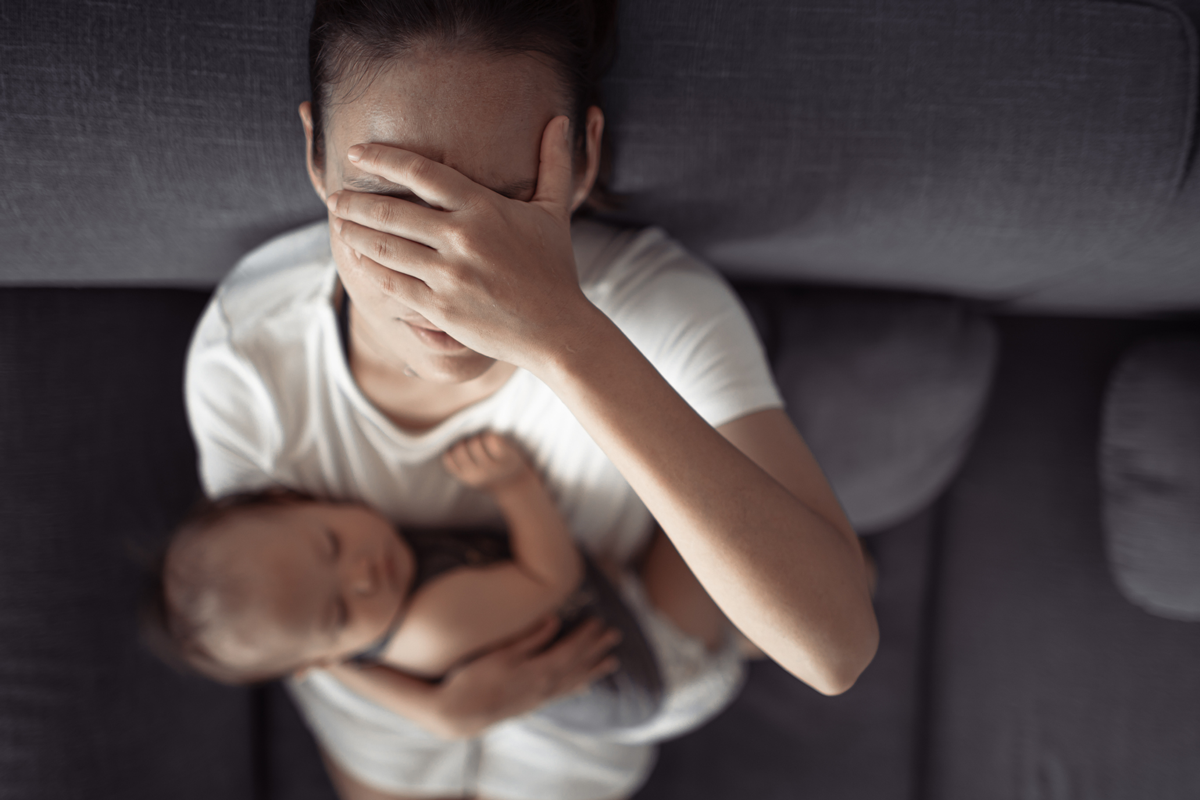I’m a 38-year-old mother of two, and I had my youngest baby about a year ago. Since then, I’ve noticed a persistent FUPA that I didn’t have after my first pregnancy. How long after pregnancy can a FUPA form, and if I decide to have another baby, will that help make it go away or make it worse?
—Wondering About the Mound
Pregnancy results in significant changes in our body. Some changes resolve on their own, and some stubbornly persist. For some women, accumulating fat or loose skin above the pubic bone, commonly referred to as a FUPA — this stands for “fat upper pubic area” — can be one of those stubborn changes.
But why can a FUPA appear after pregnancy? There are several possible factors.

Sagging skin can lead to a FUPA. During pregnancy, the skin over our abdomen is stretched beyond what seems possible. After delivery, with time, skin will recover some elasticity. How much depends on a number of factors, including your age, genetics, and number of pregnancies.
Some women develop a separation between their abdominal muscles during pregnancy that does not close as much as it should after delivery, called a diastasis recti. Depending on the location of the diastasis recti, it may also cause a FUPA.
Weight gain is often the biggest factor in developing a FUPA. The area just above the pubic bone is a common area for some women to accumulate fat. If you have held onto some baby weight or have gained weight since pregnancy, that might be a factor as well.
There are no specific health issues associated with a FUPA. If it doesn’t bother you, there is no reason to worry about it.
There is also no data on how to minimize or reverse a FUPA. The effect of a given measure likely depends on the cause. If diastasis recti is causing your FUPA, physical therapy may be helpful, and in severe cases surgery may be indicated. If your FUPA is from weight gain, weight loss may be helpful. Loose skin is the most difficult factor to improve. If it is more than a year since your last pregnancy, your skin has likely bounced back as much as it is going to.
Whether another pregnancy would make your FUPA better or worse is not a question for which there is an evidence-based answer. However, I cannot think of a mechanism by which another pregnancy would make a FUPA better. I can imagine several ways another pregnancy would make a FUPA worse.
Ultimately, there is no way to know how a future pregnancy might or might not affect your FUPA. Our bodies change throughout our lives — with puberty, pregnancy, and menopause — and that is okay!
Community Guidelines




















Log in